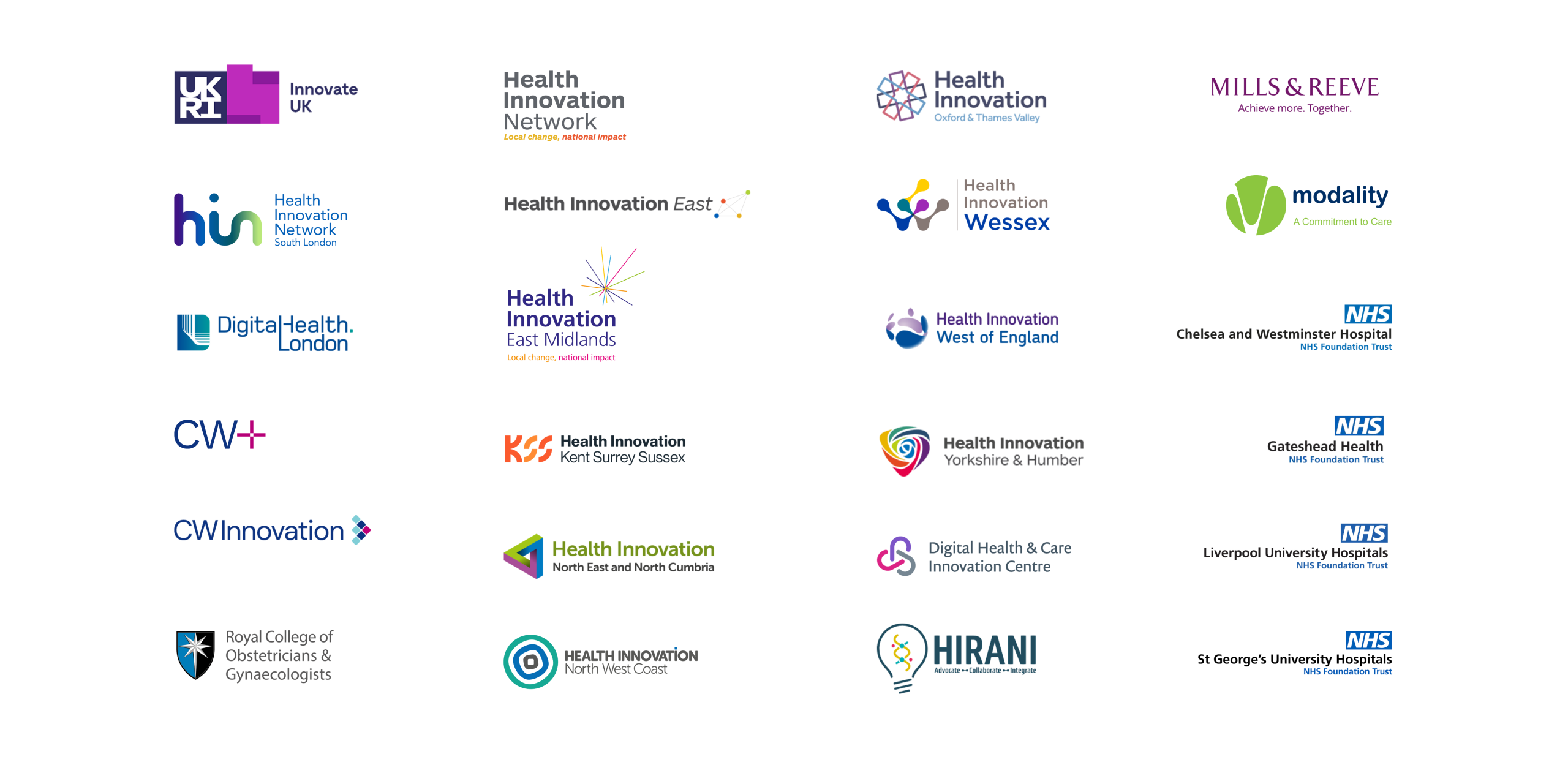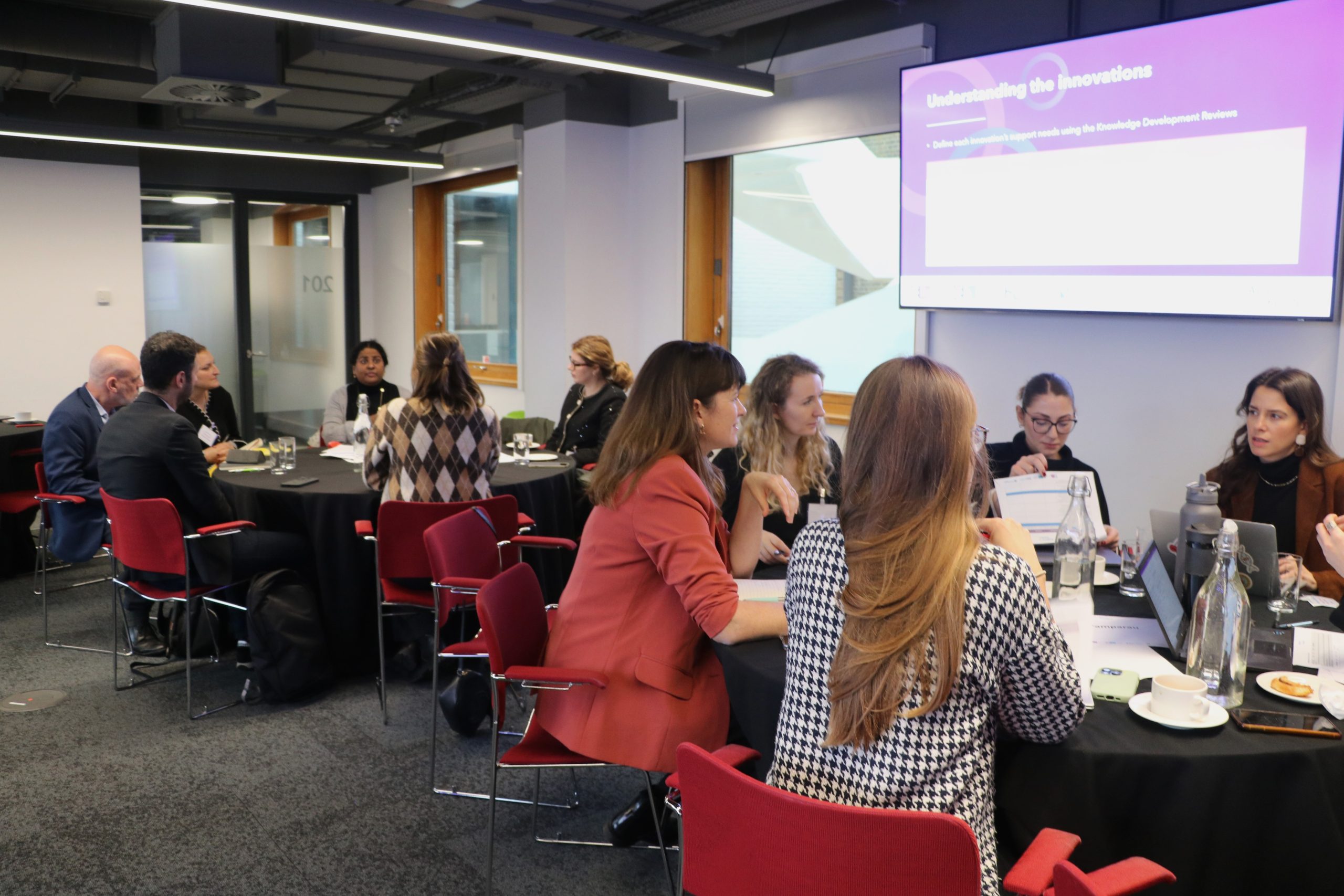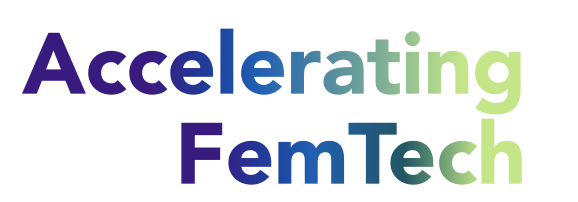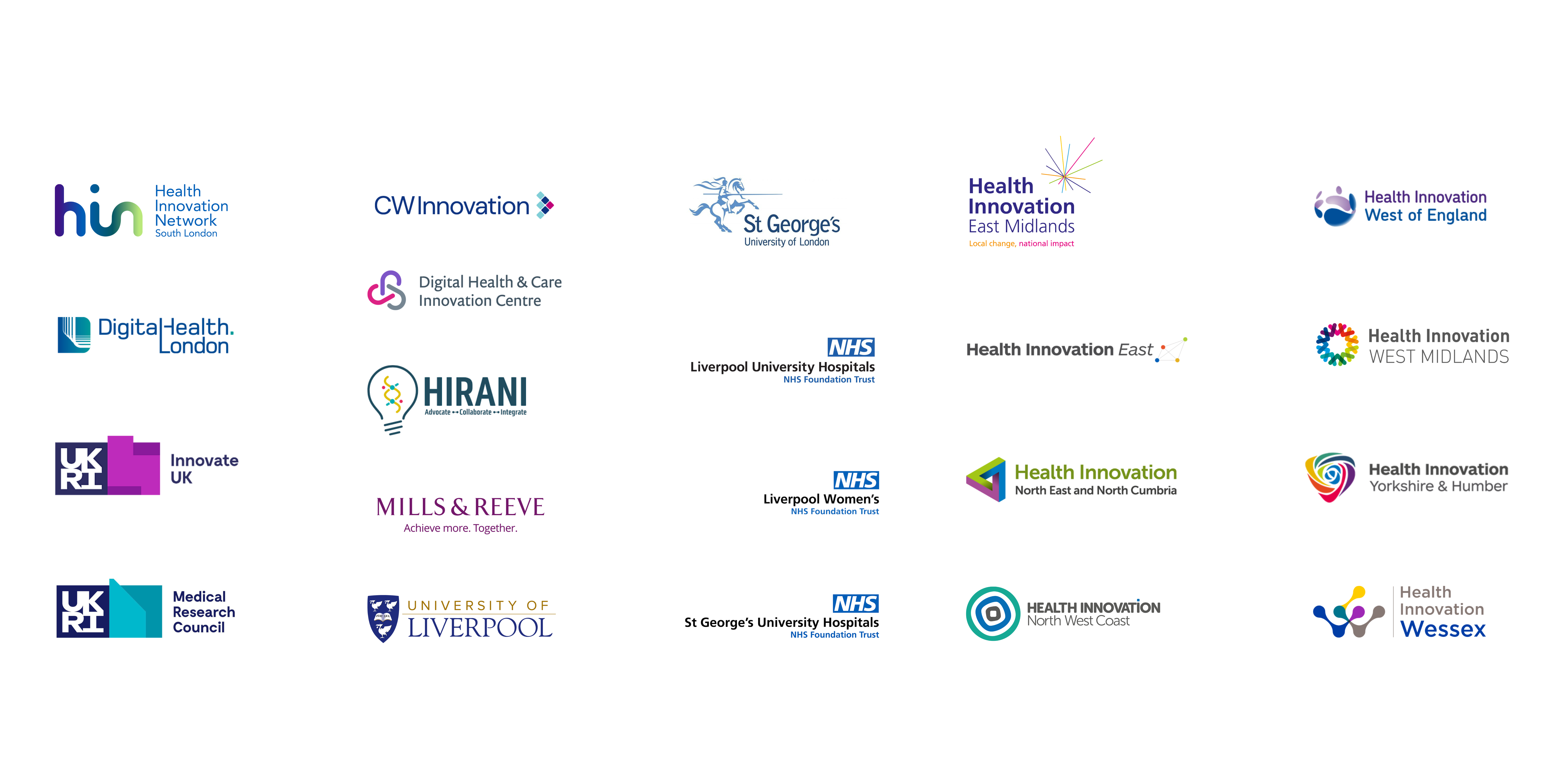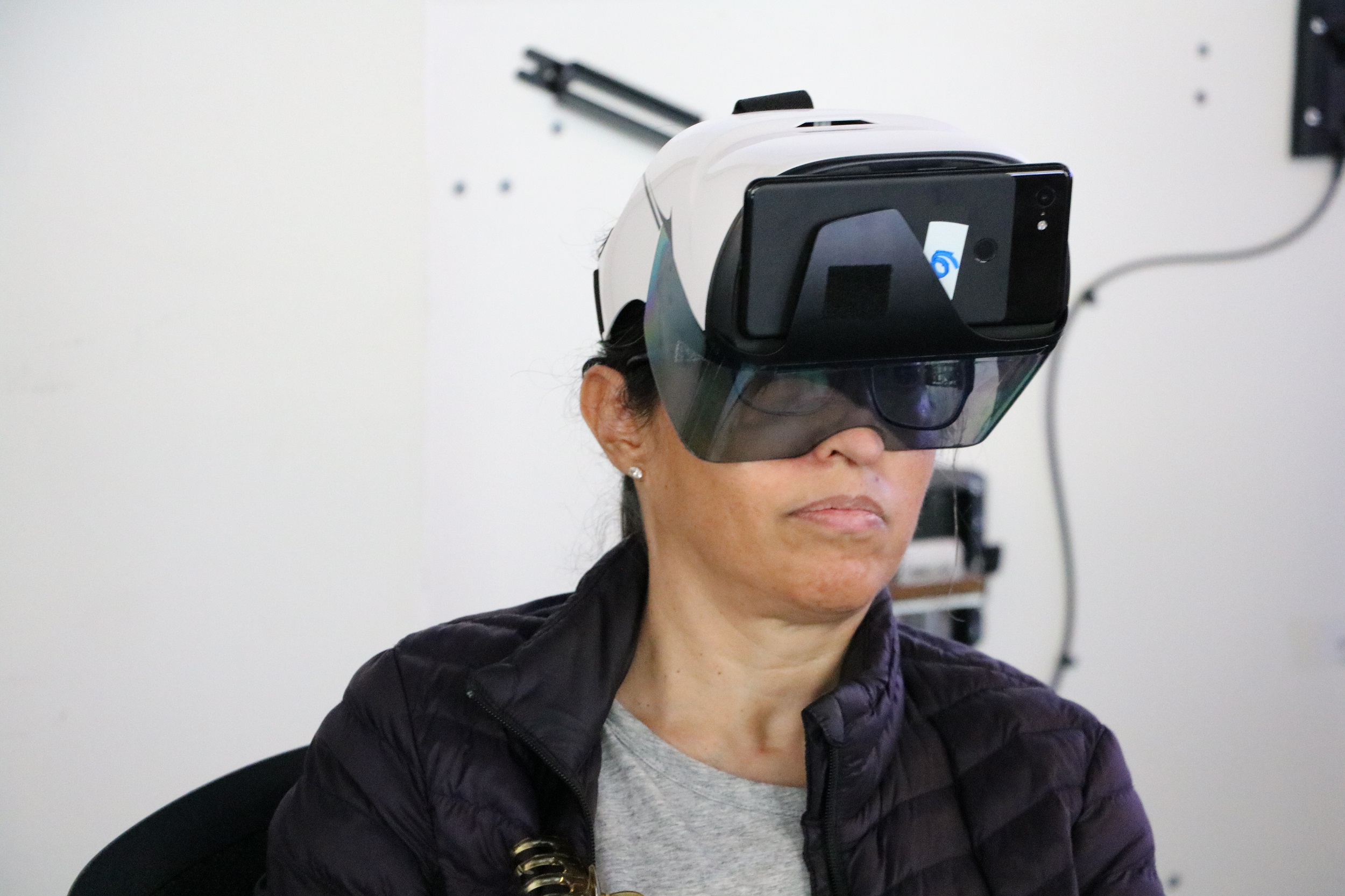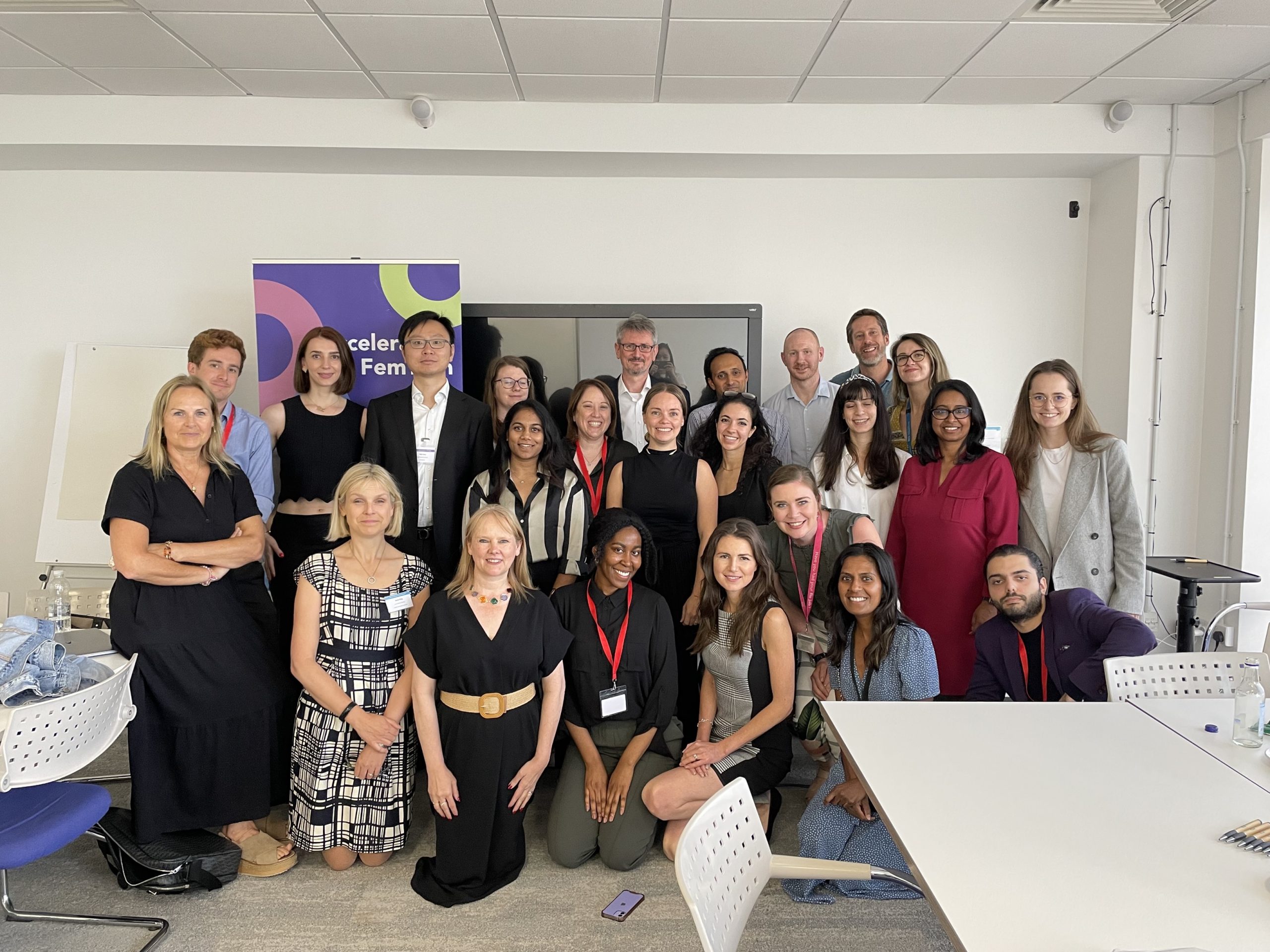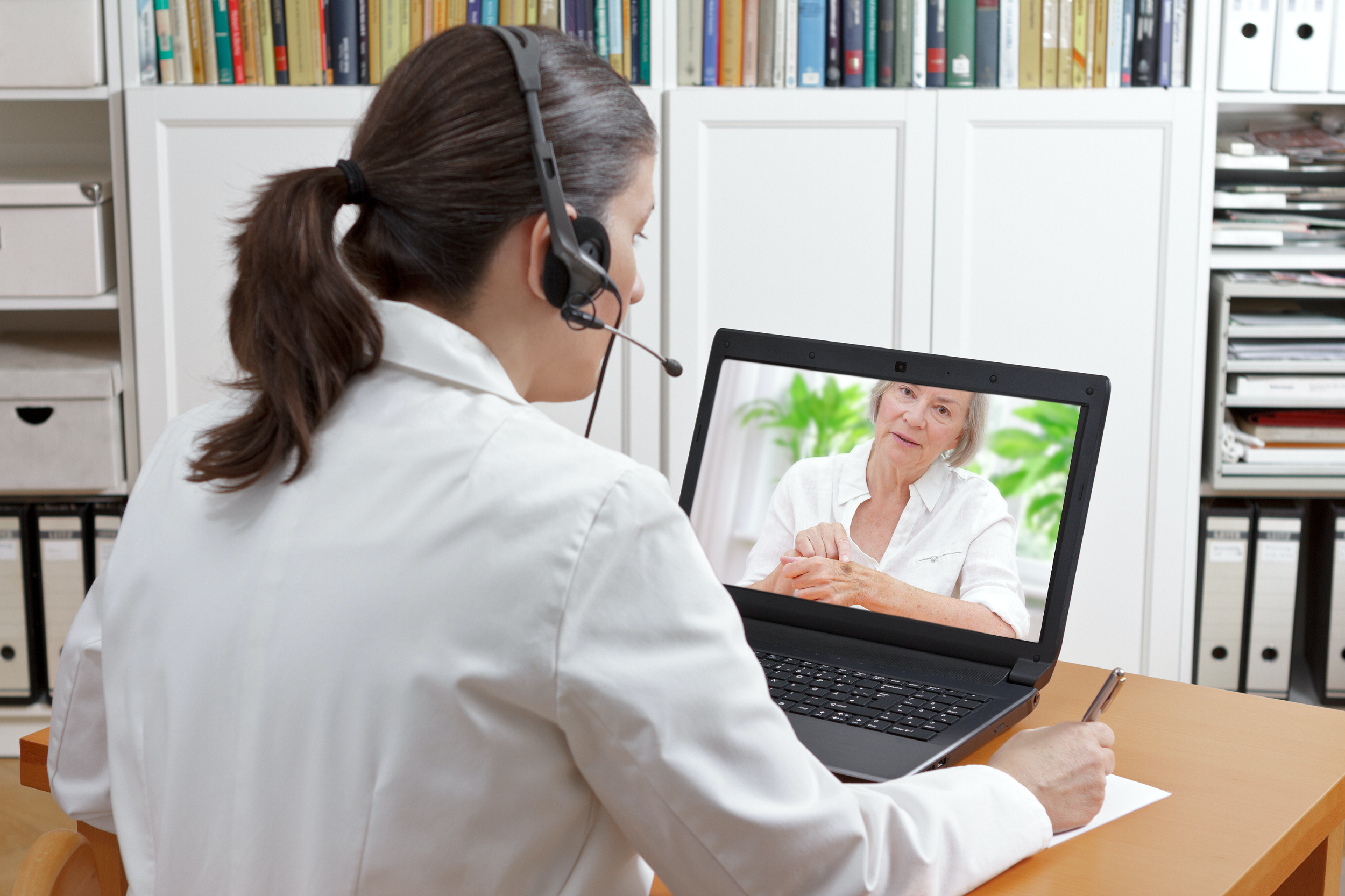On Monday 1 September, Innovate UK announced that its flagship health innovation funding mechanism, Innovate UK Biomedical Catalyst, has awarded funding for five new accelerators.
The thematic accelerators build on Innovate UK’s longstanding work supporting start-ups, entrepreneurs and spinouts to gain the momentum needed to drive innovation in the healthcare system. As part of this Accelerator-led Biomedical catalyst feasibility funding programme, 67 companies have been awarded a share of £6.6m in feasibility funding. This includes £1m to 10 companies that took part in the inaugural cohort of Accelerating FemTech (2023/24), with cohort two feasibility funding due to be announced by Innovate UK soon.
For 2025, the Innovate UK Biomedical Catalyst Accelerator programme has been structured into two distinct groups: early-stage and later-stage support. The late-stage component has been awarded to the Health Innovation Network South London (HIN), supporting two key themes: Late Stage FemTech (Accelerating FemTech: Evaluate) and MedTech Venture Kickstarter.
Accelerating FemTech: Evaluate will be led by the Health Innovation Network South London (HIN) and national partners, and builds upon the successful earlier-stage Accelerating FemTech programmes, delivered between 2023 and 2025. The MedTech Venture Kickstarter (MVK) will be delivered by London Institute for Healthcare Engineering (LIHE) at King’s College London, on behalf of the HIN.
Additional early-stage themes include Managing Chronic Conditions, delivered by Pioneer Group; Future Medicines, led by Lyva Labs; and Hospital to Community, delivered by Founders Factory.
Accelerating Femtech: Evaluate
Accelerating FemTech: Evaluate responds to the growing demand for tailored support amongst innovators at more advanced stages of development. The 10-week programme is designed for women’s health innovations with a technology readiness level (TRL) 4 or above, offering targeted support for strategic collaborations and refining a pathway for real-world evaluation, such as health economic analyses, to accelerate growth and impact. These innovations should have the potential to address current challenges in women's health and other conditions that affect women differently or disproportionally. These innovations will be targeting business to business (B2B) or business to consumer (B2C) women’s health markets. Applications for Accelerating FemTech: Evaluate are open until 11:59pm on Sunday 28 September.
The delivery of Accelerating FemTech is led by the HIN in collaboration with partners and supporters form across the UK, including: DigitalHealth.London; CW+; CWInnovation; Royal College of Obstetricians and Gynaecologists; Health Innovation East; Health Innovate East Midlands; Health Innovation Kent, Surrey and Sussex; Health Innovation North East and North Cumbria; Health Innovation North West Coast; Health Innovation Oxford and Thames Valley; Health Innovation Wessex; Health Innovation West of England; Health Innovation Yorkshire and Humber; Digital Health & Care Innovation Centre; Health Innovation Research Alliance Northern Ireland; Mills & Reeve; Modality Partnership; Chelsea and Westminster Hospital NHS Foundation Trust; Gateshead Health NHS Foundation Trust; Liverpool University Hospital NHS Foundation Trust; and St George’s University Hospitals NHS Foundation Trust.
MedTech Venture Kickstarter
MedTech Venture Kickstarter, which is delivered by LIHE on behalf of the HIN, is an intensive, structured 4-month programme designed to provide MedTech ventures the confidence to proceed at pace in taking their innovation to market. By stress-testing and robustly validating participants’ commercialisation roadmaps, the programme aims to de-risk and accelerate the commercial readiness of medical devices. Applications for MedTech Venture Kickstarter are open to ventures across the UK commercialising a medical device.
Innovate UK Biomedical Catalyst Funding
Participants that complete an Innovate UK Biomedical Catalyst Accelerator programme in full, including Accelerating FemTech: Evaluate or MedTech Venture Kickstarter, will be eligible to apply for a closed call funding opportunity from Innovate UK Biomedical Catalyst in Spring 2026.
On the Innovate UK Biomedical Catalyst Accelerator – Late stage FemTech and MedTech Venture Kickstarter announcement, Anna King, Commercial Director at the HIN said:
"The Health Innovation Network (HIN) South London is proud to lead the latest iteration of Accelerating FemTech: Evaluate, continuing our commitment to supporting innovators driving breakthroughs in women’s health. Alongside the MedTech Venture Kickstarter, which is delivered on behalf of the HIN by LIHE, these Innovate UK Biomedical Catalyst funded accelerators recognise the need for supporting innovators at every stage of their journey, setting them up for long-term success. This year’s programme emphasises evaluation and the robust application of health economics to the innovations on the programme. We believe this focus is very timely; as the health and care system gears up for significant change following the government’s 10-Year Health Plan, it has never been more important to be able to demonstrate effectiveness and economic sustainability."Rishi Das-Gupta, Chief Executive, Health Innovation Network South London
“Since the inaugural cohort of Accelerating FemTech in 2023, we’ve witnessed a massive interest in women’s health innovations. This is an encouraging signal that the sector is gaining the recognition it deserves. That’s why we’re thrilled to launch a targeted accelerator that not only nurtures innovative businesses, helping them builds strategic connections across the health innovation ecosystem to develop their products and bring to market. Through our national partnerships, we’re bringing together in-depth expertise, from subject matter experts and business coaching, to accelerate the development and evaluation of breakthrough innovations. Crucially, this momentum is further supported by an exclusive closed-call funding opportunity through the Innovate UK Biomedical Catalyst, ensuring that promising ventures can continue to grow beyond the life of the programme. Together with Innovate UK, we’re building a stronger pipeline for women’s health innovative companies, which are equipped to deliver better care for women.” Anna King, Commercial Director, Health Innovation Network South London
"We are honoured to have been selected by the HIN and Innovate UK to deliver one of the prestigious Biomedical Catalyst Accelerator late-stage programmes. The LIHE MedTech Venture Kickstarter is a late-stage programme that leverages the unique MedTech translation expertise and ecosystem built over a decade at King's College London. Companies that are selected to participate will not only receive hands-one support in de-risking their go-to-market strategy, but will also become part of the vibrant and dedicated LIHE ecosystem. We are thrilled to be supporting the Biomedical Catalyst, and are looking forward to receiving applications from promising companies from across the UK."Nicolas Huber, COO at LIHE
Applications for Accelerating FemTech: Evaluate are open until 11:59pm on Sunday 28 September
Applications for MedTech Venture Kickstarter are open until noon on Monday 29 September
Learn more about the programme by reading Accelerating FemTech: FAQs.

101 Webinar on Wednesday 17 September, 12:00pm-1:00pm
This is your chance to learn more about the Accelerating FemTech programme, meet the programme delivery team and ask questions to support your application.
Sign up to the webinarAccelerating FemTech: Evaluate is open for applications
Applications for the programme are open until 11:59pm on Sunday 28 September
Apply now